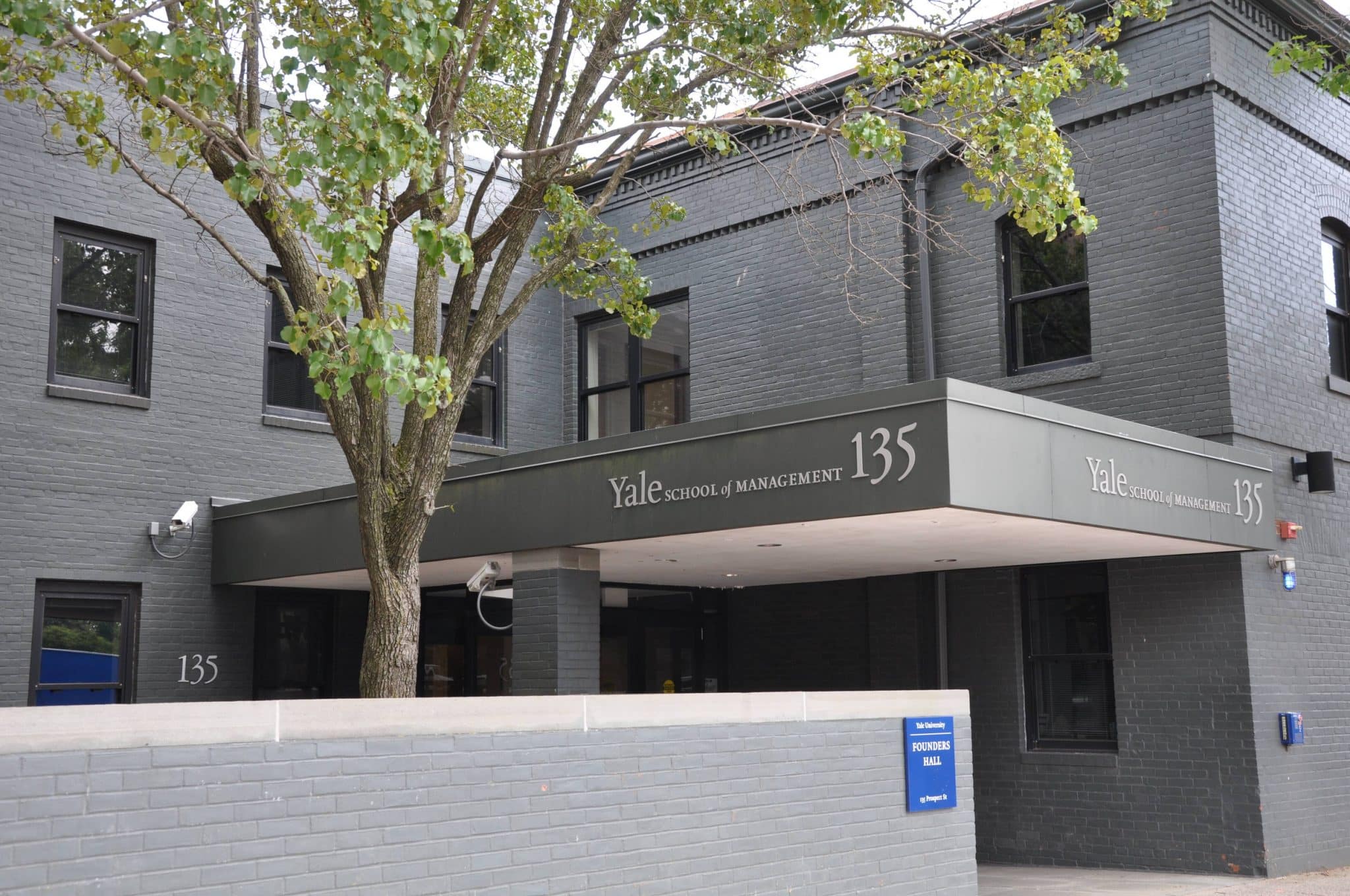Image Credit: serezniy/123rf.com
A recent study has highlighted the significant impact of cross-class friendships on social mobility and future income for children from low-income families. Conducted by an international research team from the Behavioural Insights Team (BIT), Meta, and Stanford University, the study analyzed anonymized Facebook data from 20 million UK adults alongside government records, revealing that economically connected communities can lead to substantial long-term benefits.
The research indicates that children who grow up in areas with diverse economic connections tend to earn more as adults. Specifically, those raised in the top 10 percent of economically connected local authority areas earn approximately £5,100 ($6,600) more annually than their peers in the least connected regions. This suggests that social networks bridging income divides play a crucial role in enhancing economic prospects.
Key environments for fostering these friendships include schools, universities, and recreational groups, such as amateur sports teams. These settings provide shared experiences that help break down social barriers, allowing individuals from different economic backgrounds to form connections. The analysis reveals that economic connectedness is the second strongest predictor of social mobility, following income levels.
Interestingly, the study also found variations in connectedness among affluent areas. For instance, low-income residents in Kingston upon Thames have, on average, 10 percent more high-income friends compared to those in similar, yet less economically connected, areas like Canterbury. Researchers noted that their observations consistently aligned with the areas’ economic connectedness scores, underscoring the importance of social interactions in economically diverse neighborhoods.
Beyond financial implications, the study reported that individuals with more cross-class friendships experience higher levels of happiness and trust. The UK appears to be less economically segregated than the United States, with lower-income individuals in the UK forming 47 percent of their friendships with higher-income individuals, compared to 39 percent in the US.
The findings of this study suggest potential policy directions that could enhance economic mixing through education and community engagement. Possible strategies include increasing access to sports clubs, encouraging university attendance among lower-income students, and designing school systems that promote diversity in student backgrounds. Future research will explore whether larger schools facilitate more economically diverse friendships, aiming to strengthen social mobility and interconnectedness within UK communities.
Check out the original article here: Source link



